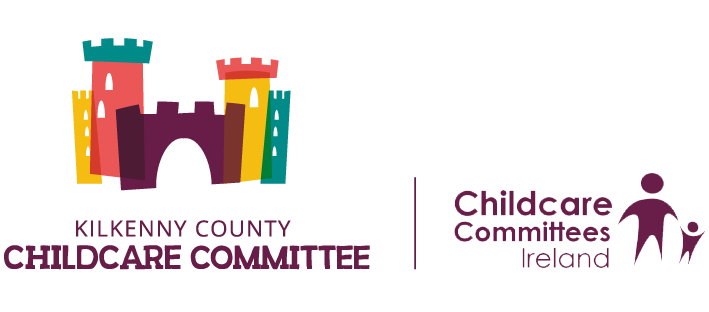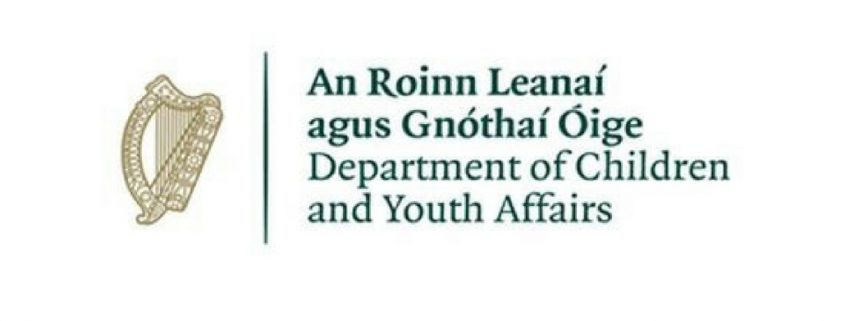Minister Zappone addresses Funding Model Expert Group at Inaugural Meeting
Minister Zappone addresses Funding Model Expert Group at Inaugural Meeting
Published: 29 October 2019
From: Department of Children and Youth Affairs
Expert Group tasked with developing a new funding model for early learning and care and school-age childcare
Expert Group is independently chaired by Michael Scanlan, former Secretary General of the Department of Health and Children
Extensive programme of engagement and consultation with key stakeholders for the project including with children, parents, the workforce and providers to take place
The Minister for Children and Youth Affairs, Dr Katherine Zappone TD, today (Tuesday) addressed the inaugural meeting of the Expert Group tasked with developing a new funding model for early learning and care and school-age childcare.
Delivering on a commitment in First 5: A Whole-of-Government Strategy for Babies, Young Children and their Families 2019-2028,
the Expert Group has been convened to examine the current model of funding for early learning and care and school-age childcare and its effectiveness in delivering quality, affordable, sustainable and inclusive services. The Group will make recommendations on how additional funding for the sector can be structured to deliver on these objectives going forward.
The Expert Group is independently chaired by Michael Scanlan, former Secretary General of the Department of Health and Children, and includes national and international experts in Early Learning and Care and School Age Childcare systems; funding and quality; economics; and relevant policy experts from Government Departments as follows:
- Professor Edward Melhuish, Professor of Human Development at Oxford University and a highly renowned international research expert on quality in Early Learning and Care
- Professor Eva Lloyd, Director of the International Centre for the Study of the Mixed Economy of Childcare and a Professor of Early Childhood at the University of East London, highly specialised in the niche field of funding of Early Learning and Care
- Tove Mogstad Slinde, Senior Adviser in the Norwegian Ministry of Education and Research in the Department of Kindergartens and Schools and former Chair of the OECD Network on Early Childhood Education and Care
- Dr Tim Callan, former Research Professor at the ESRI and with significant experience in tax and welfare policy, financial incentives to work, labour supply, and income distribution
- Dr Rory O’Donnell, former Director of the National Economic and Social Council leading analysis on a wide range of economic, social and environmental issues
- Officials from the Departments of Children and Youth Affairs (Bernie McNally, Dr. Anne-Marie Brooks), Public Expenditure and Reform (Niamh Callaghan) and Education and Skills
Addressing the Group this morning the Minister reflected on the significant progress that has been made in recent years in transforming the system for early learning and care and school-age childcare. For example, the numbers of children benefitting from State supported early learning and childcare has more than doubled since 2015. Free-pre-school provided under the ECCE Programme has increased from one year to two years. Supports have been put in place for children with additional learning needs to access this Programme and there have been very significant increases in subsidies for families who need it most.
The Minister also noted the challenges that remain, including the cost of early learning and care and school-age childcare to families, which remains higher in Ireland than in other OECD countries and the quality of provision, which remains variable. The Minister also restated her support for better pay and conditions for staff in the sector given the critical role they play in supporting young children’s early learning and development and providing a safe and caring environment.
The Minister said:
The Minister described the funding model as the:
The Expert Group will meet 12 times in total over the next two years and their recommendations will submitted to Government for approval.
A research partner will also be contracted to deliver rigorous, evidence-based inputs that will support the work of the Group. They will, under the direction of the Group, lead an extensive programme of engagement and consultation with the key stakeholders for the project including with children, parents, the workforce and providers.




